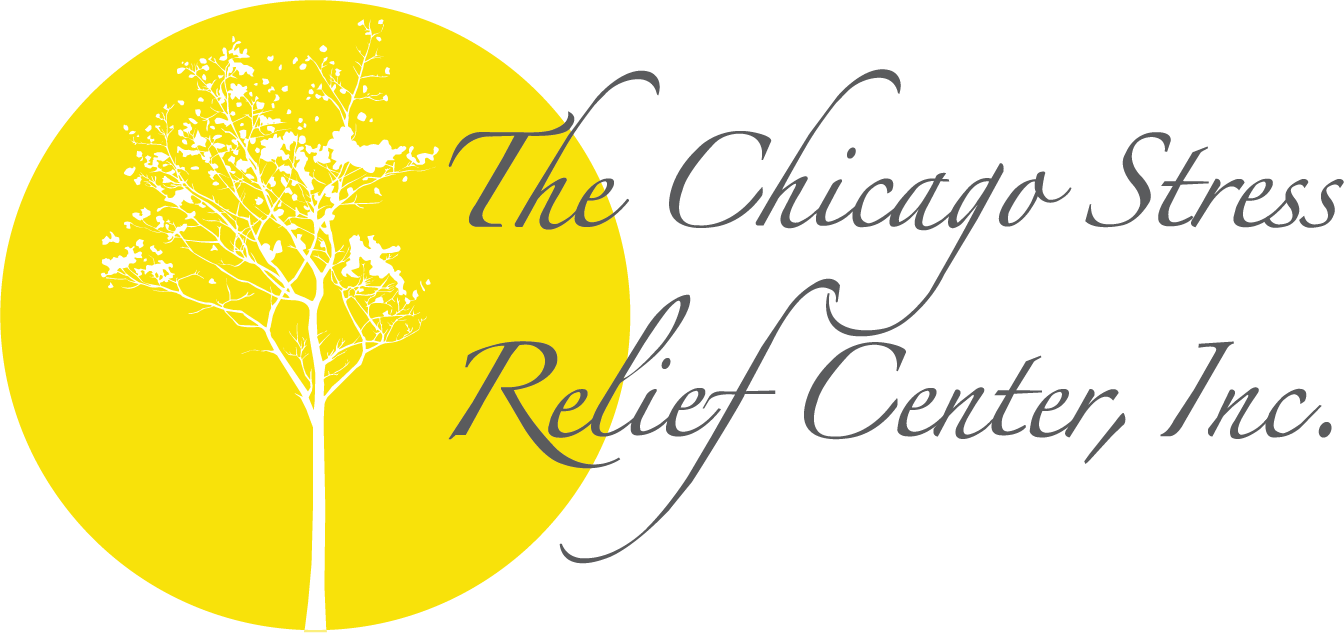A Specific Phobia is a mental health condition in which the person experiences a strong, irrational fear of a creature, object or situation which poses little to no actual danger. There is a wide variety of things toward which a person may develop a Specific Phobia; however, some of the most common are:
- Heights
- Flying
- Elevators
- Storms
- Needles or injections
- Blood or injury
- Vomiting
- Dental procedures
- Enclosed spaces
- Costumed characters
- Animals, especially dogs, snakes, spiders or insects
For a person to be diagnosed with a Specific Phobia, their fear or anxiety must be persistent, usually lasting at least six months. Additionally, the feared situation must almost always provoke fear or anxiety. Individuals with a Specific Phobia may attempt to manage their anxiety in a number of ways. Where possible, they may avoid the feared object or situation entirely. When this is not possible, they may engage in “safety behaviors,” which are actions or routines intended to make the situation feel “safer,” in order to “get through” the situation. Examples include looking away from the object, cowering or shielding oneself, or holding tightly to prevent falling or fainting. In the short term, these safety behaviors decrease anxiety by making the person with a Specific Phobia feel more secure. Ultimately, these safety behaviors prevent individuals with Specific Phobias from learning that the feared situation is objectively safe, and anxiety increases. Symptoms of Specific Phobias vary from person to person, but may include one or more of the following:
- Panic and anxiety attacks when in the feared situation
- Anxiety or worry in anticipation of being in the feared situation
- Elevated heart rate
- Shortness of breath
- Trembling or crying in the presence of the feared object
- Avoidance of the feared situation (examples include: avoiding public parks due to dog phobia, avoiding the doctor due to blood-injury-injection phobia, avoiding vacations due to flying phobia)
- Freezing or shrinking in the feared situation
- Running away from the feared object, or giving it a wide berth
- Looking away or distracting oneself from feared object
We at The OCD & Anxiety Center specialize in the treatment of anxiety disorders including Specific Phobias and have the necessary training and resources to deliver evidence-based treatment to Specific Phobia sufferers of all ages. We use Exposure and Response Prevention therapy (ERP) in the treatment of Social Anxiety Disorder, as this is the therapy treatment which has proven most effective for a range of anxiety disorders. Through ERP, individuals learn to face their feared situation gradually, helping them gain confidence in their coping abilities, and in the objective safety of their feared situation. If you or someone you know would benefit from our specialized Specific Phobia treatment services, please contact us at (847) 412-0922.
